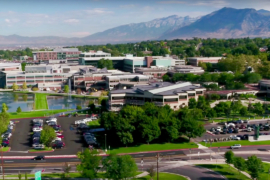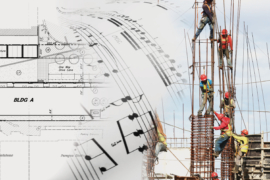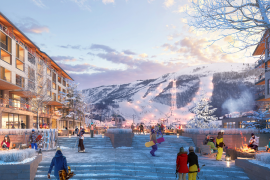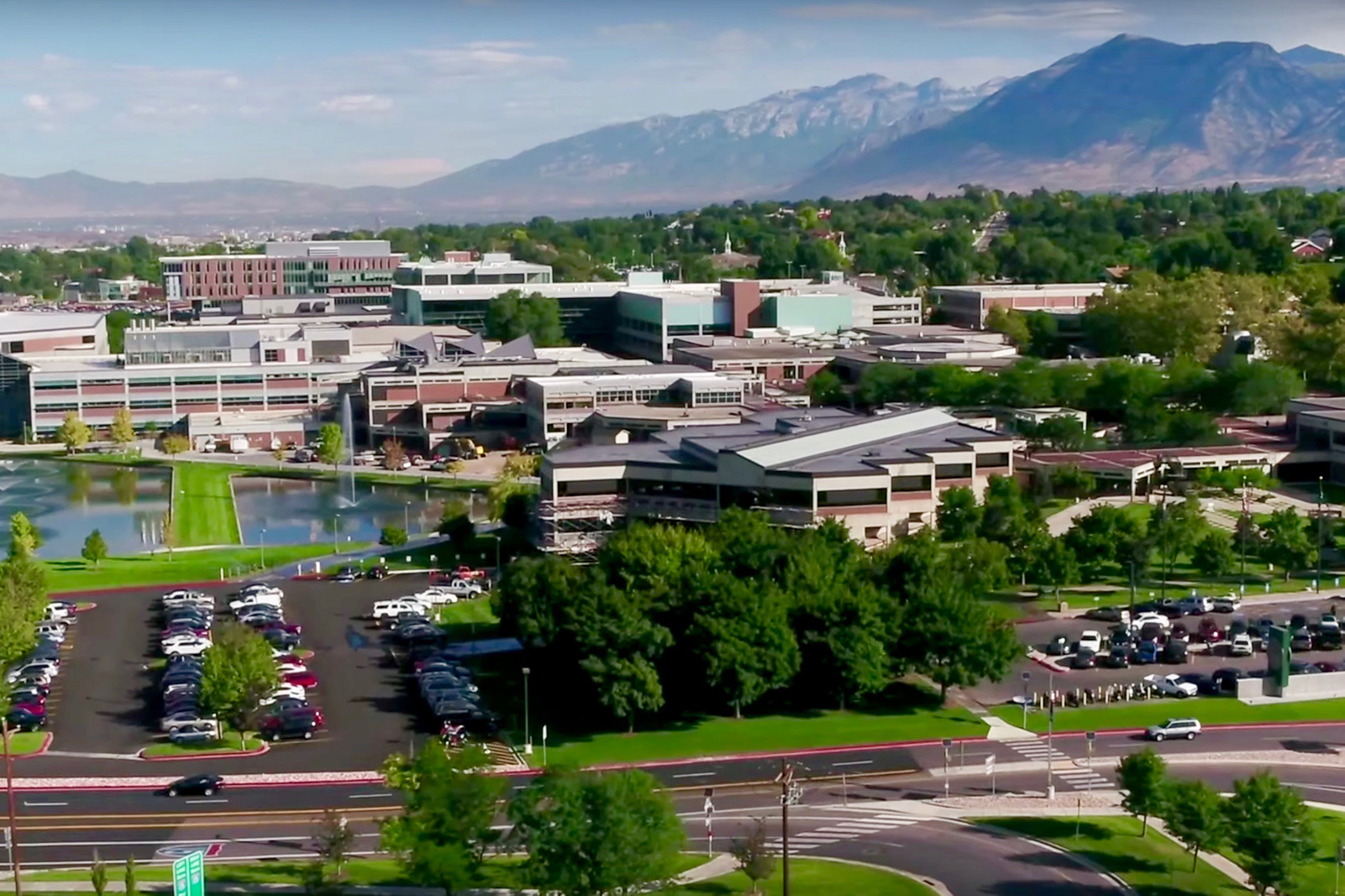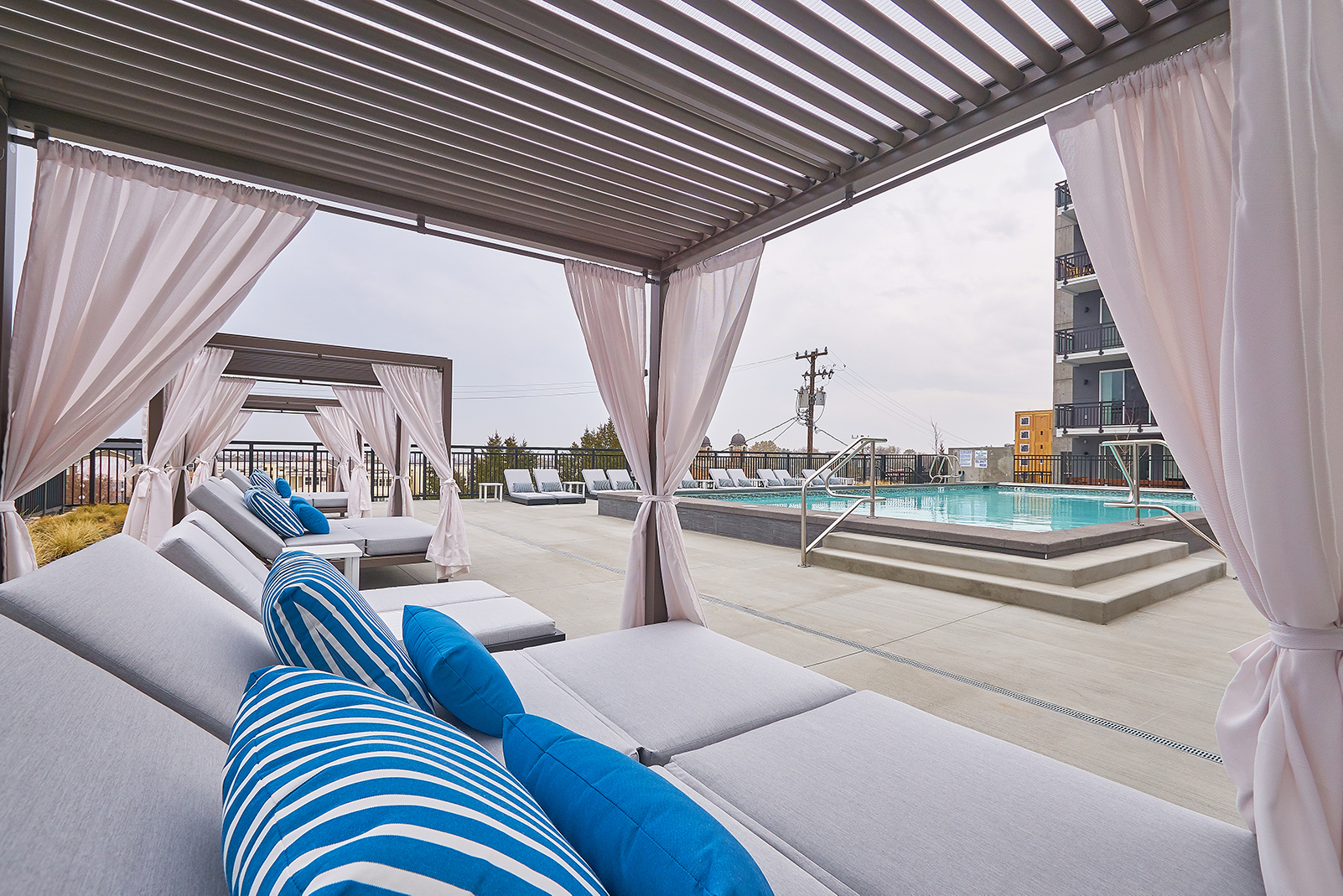In real estate, we are accustomed to economic cycles, but we are in a transitory environment with political tension, trade and resource allocation, and inflation at an all-time high. Since the U.S. Treasury yield curve inverted earlier this year, PEG has been cognizant of the economic climate, and we are positioning ourselves to protect our investments.
The pandemic and the subsequent inflationary environment have illustrated the value of timing. The projects we had at the beginning of the pandemic have done remarkably well, exceeding proforma and our expectations of rent growth. Projects in early development are experiencing record-high cost increases, resulting in PEG executing on creative solutions, and in some cases, project delays and reevaluation. Even though inflation allowed us to push rents higher than our original proforma, inflation pressures on operating expenses as well as construction and development costs have leveled out potential gains. The largest threat we face that affects all sides of our operations is fuel prices. Protracted high fuel costs dramatically increase our costs while putting pressure on the consumer, reduce consumer and business travel, and limit the consumers’ ability to afford top-of-the-market rent. We are all subject to the economic costs of the geopolitical environment, and it has caused us to reflect on our experiences, especially pertaining to the last downturn.
Hospitality
During the pandemic, our hospitality assets in leisure markets outperformed in their respective markets. In 2022, we expect our summer numbers in our hospitality portfolio to outperform even pre-pandemic levels. PEG is benefiting from ‘revenge travel,’ and our reports show that people are not canceling their travel plans. We hope that conventions and business travel will return in the fall. In the past, these business events were typically booked 9-12 months in advance, but today’s environment has created shorter booking windows. Despite the challenges we have faced, PEG continues to make strategic investments in the hospitality space with 5 upcoming Marriott Residence Inn developments and 3 boutique-luxury Marriott branded hotels in high-barrier-to-entry markets.
Multifamily
Multifamily has served us well in times of recession. Given the nationwide housing shortage and rising costs, we are moving forward with several of our strategies that have positioned us well for the future including converting aging extended stay hotels into quality Class B apartments (with affordability as our hedge in this inflationary period) and leading the build-for-rent space here in the Mountain West.
- Extended Stay Conversions: During Q2, our Extended Stay Conversion Fund (PEG ESCF) closed on 10 extended stay hotels (see news item below). There has been strong demand for the properties that have been converted, and PEG Property Group has increased rents above proforma on almost all conversions, some seeing increases of 10%+ in a single year. Demand for Class B, workforce housing in these markets continues to grow faster than before, pushing rents and occupancies while shortening lease up times.
- Build-For-Rent: The current housing supply, affordability, interest, and savings rates are all driving the need for additional rental options. Many “would-be” first-time home buyers are delaying home purchases, pushing renters to remain in the rental pool for longer than previous periods. There has also been a shift in renter demographics—it extends beyond the millennials. Gen-X and Gen-Z are more likely than ever before to rent compared to purchasing a home, due to both the current housing affordability environment as well a shift in housing preferences. Build-for-rent provides a desirable product with larger living areas, outdoor space, and sense of community outside of dense urban areas.
I want to remind everyone that we are moving forward with several of our strategies with our sensible values and low leverage. We are opportunistic in high barrier-to-entry markets, and we are structured so that we can respond appropriately to the changing environment.





